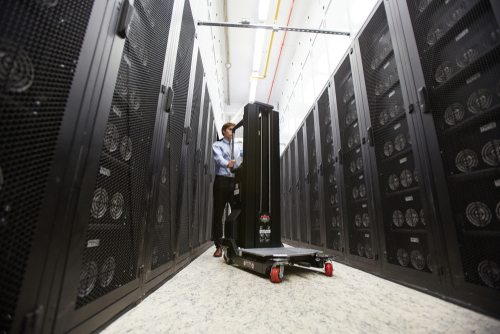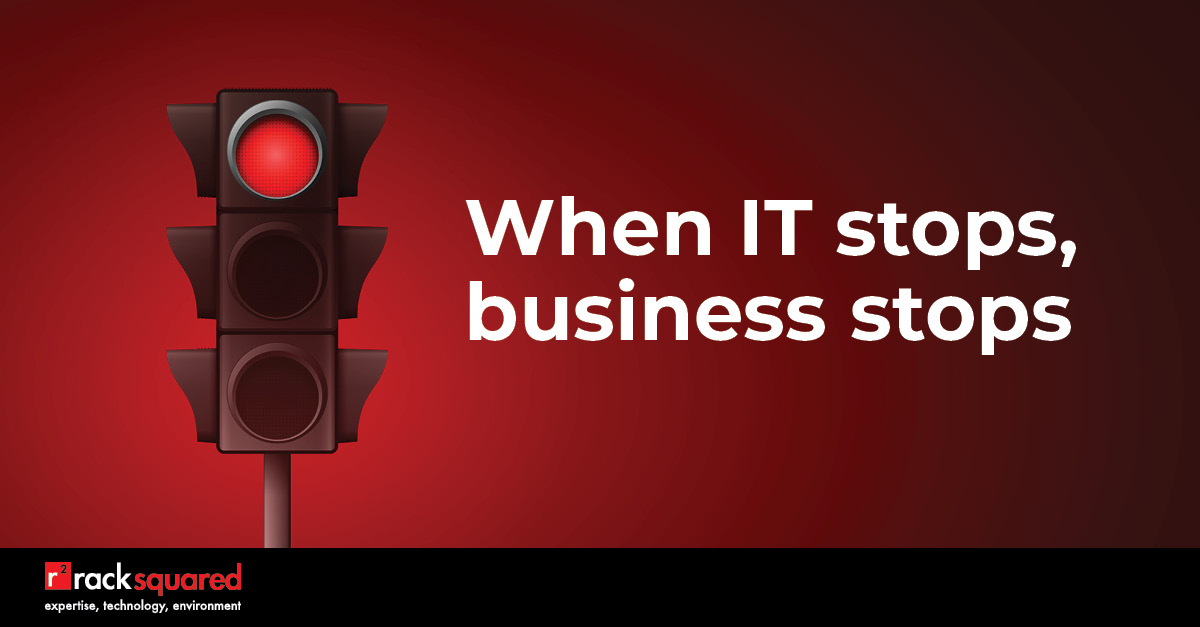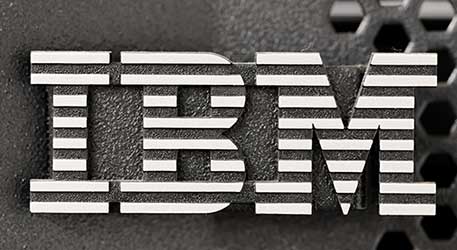Moving Time: Why Your IBM i (iSeries) Belongs in the Cloud
What if you could do one thing to save money, gain time for new projects, and protect your business operations?
That’s what many companies gained when they moved their IBM i to the cloud. After weighing the pros and cons, the reasons to migrate to the cloud are too compelling to ignore. See why the cloud is the best environment for your IBM i, and start planning your move today. You’ll be on your way to cost savings, freed-up staff time, and more protection for your business.









